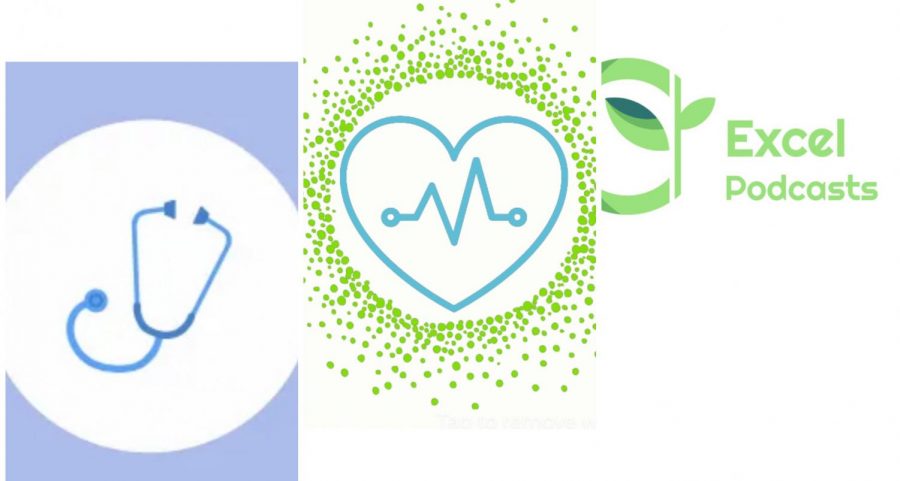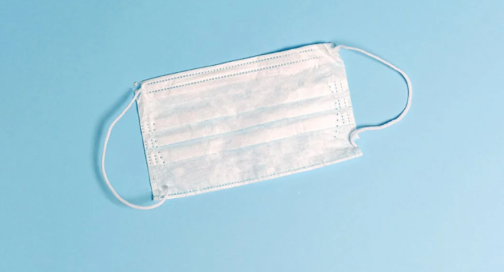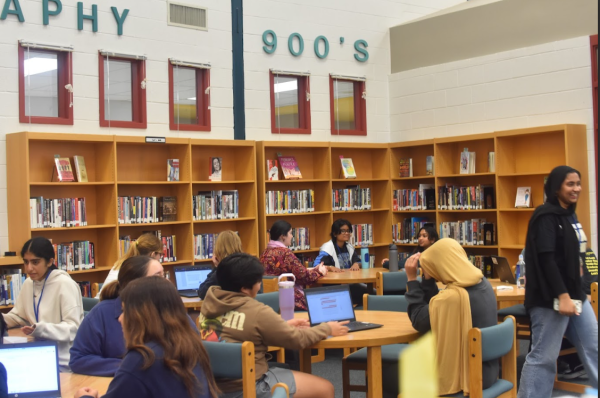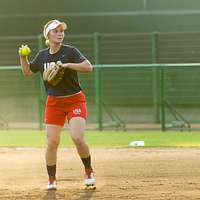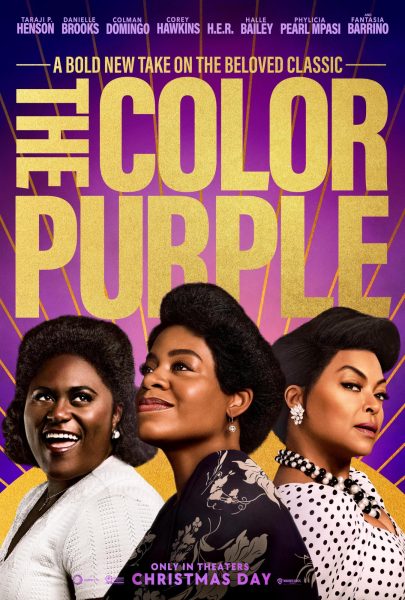WESTFIELD STUDENT-INITIATED ORGANIZATIONS RISE DURING LOCKDOWN
Unpopular Maladies
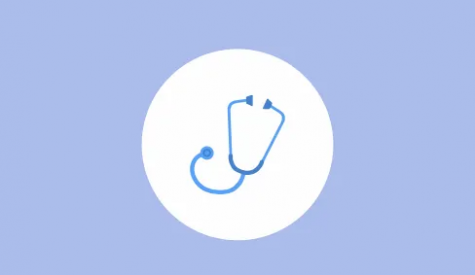
Unpopular Maladies began as a website created by Aba Quainoo, 11 and Rijja Shaikh, 11. Aba originally planned to start the club based on rare diseases. “This way, we had time to prepare and were able to experiment and see what things worked and not,” explained Shaikh.
It was both their ideas but, according to Shaikh, “Aba really stepped up and was always reaching out to different organizations for partnerships and opportunities that could help Unpopular Maladies spread. She also created and planned the entire website out, without her Unpopular Maladies would not even exist!”.
“The organization was started to help students have an opportunity to gain volunteer hours. Especially during covid, it is hard to obtain volunteer hours, we wanted to provide a platform that could do this but also inform others about rare diseases,” explained Shaikh.
The Unpopular Maladies team additionally includes more Westfield students. Samyu Krishnasamy,11, organizes submissions the organization receives while Aditihi Prasad,11, manages social media and contacts other organizations.
Despite being a productive way to spread and educate students on diseases and illnesses, Unpopular Maladies also “provides an outlet for students to pursue their medical and scientific interests,” explained Aditihi Prasad..
Although they have done multiple projects, Unpopular Maladies greatest project was partnering up with Cornel Universities Biomedical Engineering team.
“They have created prototypes to reduce cervical insufficiency in Tanzania, and we have helped to spread awareness about their work!” exclaimed Prasad. (more info on this partnership)
The process to publish research is actually quite simple, despite seeming complex due to its several steps: research, create, send a link, and fill out a Google Form.
First, to publish a disease, research must be done. A google form is filled out and an illness is given to research. Second, creating a method to inform others about the illness given. Following, send a link of the produced information to [email protected]. Next, a Google form message is sent which indicates whether the project meets the organization’s requirements. Lastly, publication, the work will get fully credited and published on Unpopular Maladies social media pages and websites.
Thus, Unpopular Maladies encourages students to explore the scientific field. Students are given the opportunity to explore different diseases as well as publishing as many projects as they wish.
“Please feel free to send in as many completed projects as you desire!” stated on their website, https://unpopularmaladies.godaddysites.com/bmez-in-tz
Excel Podcasts

What do you want to be when you grow up? According to data from the National Education Longitudinal Study (NELS), “Many youth in the United States lack clear occupational aspirations.”
If one resonates with the aforementioned claim, Excel Podcasts might be a good option for them! Excel Podcasts, developed by Neel Kulkarni, 12 and Nikhil Naglapur, 12, invite professionals and students from various career paths via a podcast. The goal of the podcast is to help listeners get a more vivid understanding of each specialty.
In the introduction to one of the podcasts, host Kulkarni and Naglapur claims Excel Podcasts as “…The perfect career podcast for any student out there, listen to a variety of career advice and career journeys from the various career professionals we converse with…”
Neel Kulkarni and Nikhil Naglapur host the podcasts which help many people find their calling. Interested in listening to the podcast, a link is provided in their bio @excelpodcasts on Instagram. This provides listening options such as tuning in on Spotify, Apple Podcasts, Google Podcast, and on Anchor. This link also provides a Fairfax Times Article, Excel Podcast website, and Instagram, as well as a feedback form.
Invets in Health
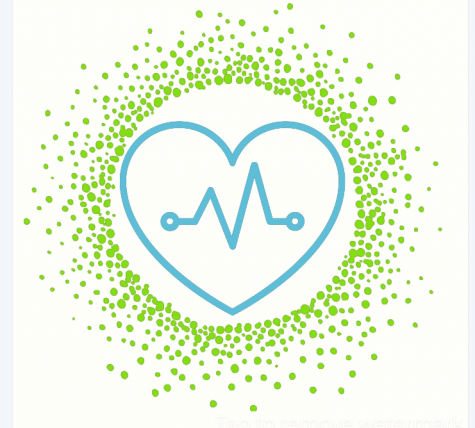
Invets in Health was initiated by students from two Fairfax County highschools, McClean and Westfield. On their website, they state their goal to be “To support veterans within our community who are at high risk for developing serious illness from the COVID-19 pandemic.”
Although everyone is struggling during an unsettling time as such, the virus can cause fear and paranoia for some. According to the US Department of Veterans Affairs, “For those with PTSD, the virus may trigger or affect your PTSD symptoms.” Thus, Invets In Health prioritizes helping veterans who are at high risk for the virus as well as those who suffer highly from PTSD. Their website can be found on www.invetsinhealth.com.
Invets in Health helps bring awareness to a topic that many had not been aware of. “Only 31 percent of Vietnam Veterans, 10 percent of Gulf War Veterans, 11 percent of Veterans of the war in Afghanistan, and 20 percent of Iraqi war Veterans have PTSD, clarified Vice President of Invets in health, Maria Zurbuchen on one of her articles on the Invets In Health Blog
“I’ve never really put that much thought into how veterans are coping with the virus especially ones with no family members and PTSD,” shared Shiva Karkehbadi, 10.
“Our drive for the non-profit was the outrageous fact that there are homeless veterans. People that fight for our country should be honored with benefits and gratitude,” exclaimed Director of Outreach Stephen Deans, 11.
The U.S Department of Housing and Urban Development estimates, “that 40,056 veterans are homeless on any given night.”
Actively spreading knowledge and promoting ways to help Veterans, Invets in Health has helped many lives by donating clothes, hygiene products, money donations, and more during their veterans day donation drive on November 11.

